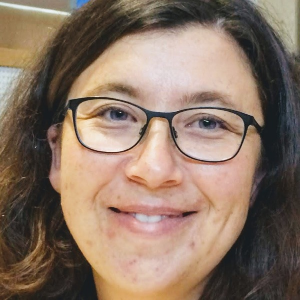Animal Welfare, Environment and Public Health
Animal welfare, in its most basic form, relates to people's interactions with animals and their responsibility to ensure that the animals in their care are treated properly and responsibly. Animal welfare is not a recent phenomenon, despite its present appeal. Since domestication, which happened at least 10,000 years ago in Neolithic times, there has been a concern for animal welfare. Animal welfare refers to an animal's quality of life, which includes how well he or she is coping with his or her current condition and surroundings. Animal welfare is vital since numerous animals are used for entertainment, food, medicine, fashion, scientific advancement, and as exotic pets all around the world.
Environmental exposures in domestic and wild animals can be used to confirm or inform epidemiologic investigations in humans. Animals may be sensitive indicators of environmental risks and serve as a public health early warning system. One Health is a philosophy that acknowledges that human health is inextricably linked to the health of animals and our shared environment. One Health is not a new concept, but it has gained traction in recent years. This is because a variety of reasons have changed how people, animals, plants, and our environment interact.
- Public health and Animal Welfare
- Human health and Animal Health
- One Health Concept
- Animal Welfare and Environment

Marco Polettini
DVM, Italy
Andreia Freitas
INIAV/REQUIMTE, Portugal
Andreia Freitas
INIAV/REQUIMTE, Portugal
Kedibone Gloria Kgosana
Sefako Makgatho Health Sciences University, South Africa
Nnenna Ugwu
Anglia Ruskin University, United Kingdom
Rubens Dias de Melo Junior
Universidade Federal de Goiás, BrazilSubmit your abstract Today
Important Alert:
X


Title : Analyzing veterinary medicine residues in food: A comprehensive guide
Andreia Freitas, INIAV/REQUIMTE, Portugal
Title : Quantifying changes in facial expression following hot-iron disbudding under procaine hydrochloride and meloxicam treatment in Holstein dairy calves
Nnenna Ugwu, Anglia Ruskin University, United Kingdom
Title : Trypanosoma vivax in and outside cattle blood: Parasitological, molecular, and serological detection, reservoir tissues, histopathological lesions, and vertical transmission evaluation
Rubens Dias de Melo Junior, Universidade Federal de Goiás, Brazil
Title : Characterization of porcine rotaviruses in the Czech Republic
Romana Moutelikova, Veterinary Research Institute, Czech Republic
Title : Determination of Circulating Foot-and-Mouth Disease Virus Serotypes in Kenya (2023)
Hellen Mutua, Foot and Mouth Disease National Reference Laboratories, Kenya
Title : Welfare for Amazonian wild animals
Eliane Cardoso Carvalho Moraes, Jungle Warfare Training Center/ Army, Brazil